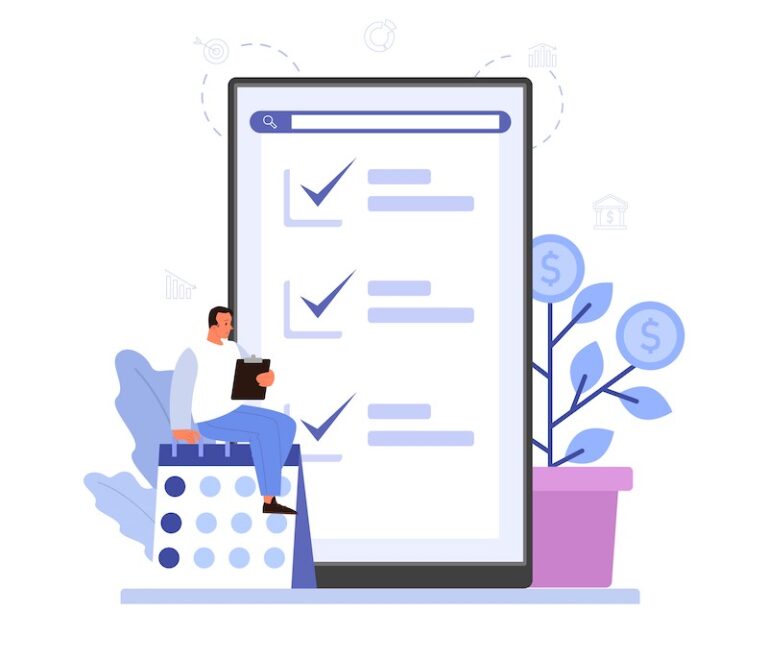Understanding Hypergrowth – Tips For Startups
Hypergrowth is essential for startups aiming for growth and expansion. Click here to learn about how to scale a business and strategies of fast growing startups
Each client is unique as a fingerprint, as are their processes. Hence, it is rare that a Salesforce implementation can be similar to any other Salesforce implementation. To implement the Salesforce project successfully, you must define the requirements properly. We, at You:Digital, have experience in implementing Salesforce for various industries and domains. Requirements, or Scope of Work, are at the core of our implementations and we take them seriously. We have proven and innovative ways of defining requirements for a project to minute-level detail.

As part of our standard processes, we ensure our potential customers know what they want before they come to our first meeting. Before you book a meeting with us, here are some “Homework Questions” (yes, you read it right - “Homework”) that will help you define the scope of work. You can download the Word Template or obtain questions from the list mentioned in the article.
We can divide the questions into the following categories:
Functional questions enable us to understand the business processes of your company. You should connect with the Managers or Heads of Departments of each team to get answers to these questions.

User questions enable us to understand the data visibility and data security of your company. You should connect with the IT department and the Managers of each team to get answers to these questions.
Before going to any service provider for a meeting, you should discuss and plan everything internally. No service provider can help you if you don’t know what do you want. We understand you are going an extra bit on your job to implement Salesforce. Apart from your daily tasks and responsibilities, what you are building with Salesforce is going to define your future of work. We appreciate it. To help you out, we have added a few additional tips that will enable you to clearly define your project requirements. Apart from the questions mentioned above, there are some best practices that you must follow while defining your project requirements.
Implementing Salesforce CRM is a huge responsibility, let’s do it right with You:Digital. We understand you are new to this area, but we are the experts! Let us take care of your Salesforce implementation, and you take care of your business. Our main aim is to collaboratively deliver the most innovative solutions with certified consultants.

We, You:Digital, being a well-recognized and licensed organization, offer custom development for new projects, support development for ongoing projects. We have expertise in anything and everything Salesforce, including development, implementation, integration, and architectural solutions for any and every size of business. Contact Us to initiate a discussion!
Hypergrowth is essential for startups aiming for growth and expansion. Click here to learn about how to scale a business and strategies of fast growing startups
Have a look at a complex deal scenario and see how salesforce CPQ is able to handle that using a pricing engine.
If you are about to implement Salesforce or already did and plan integrations this is a perfect read for you.
REQUEST PROFILE